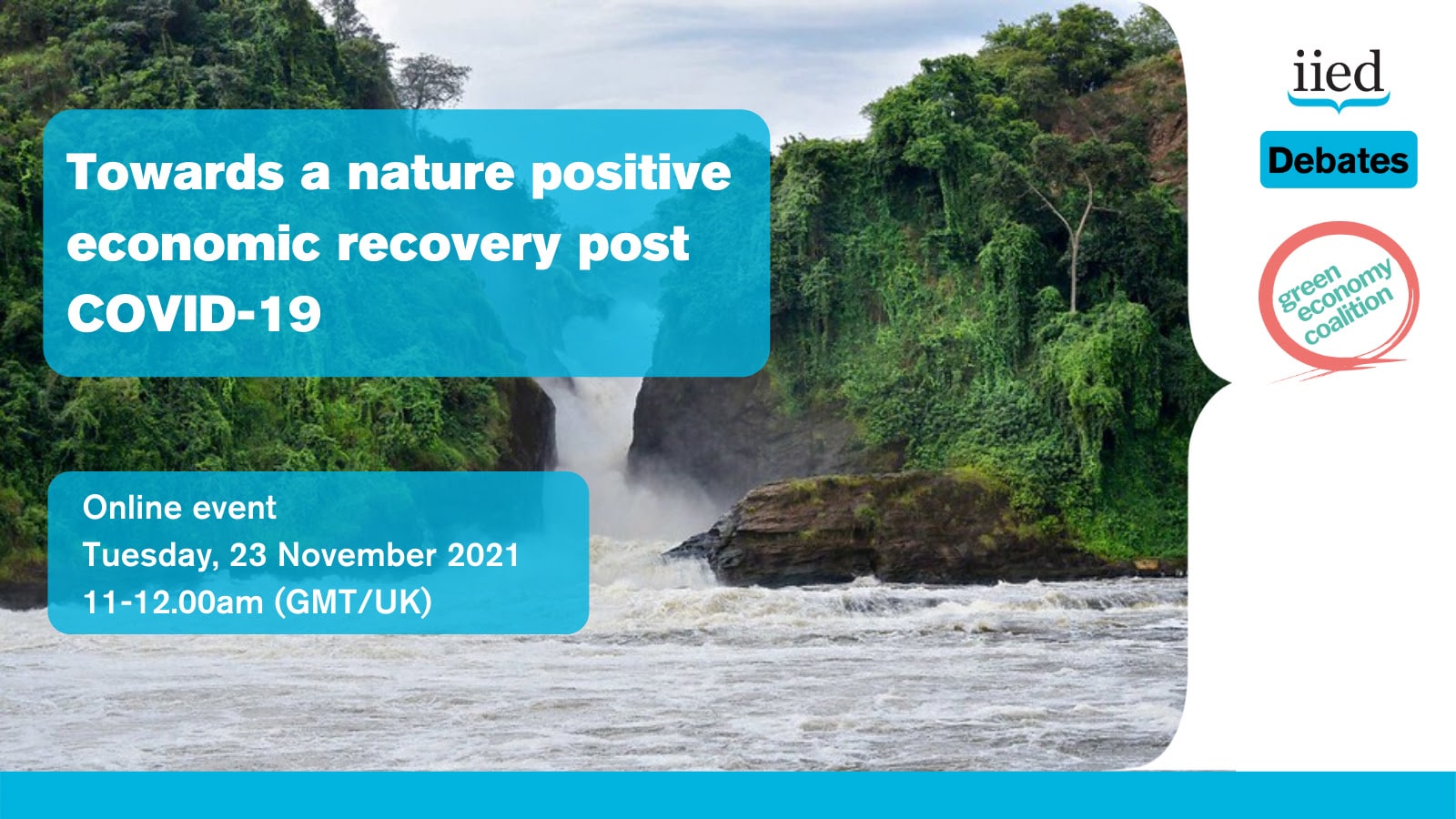

The pandemic exposed the structural inequalities and lack of resilience of our economies. Many countries have implemented packages of measures with financial resources as a strategy to promote economic recovery.
In Brazil, more than R$ 520 billion in fiscal and budgetary executions were spent to fight the effects of the pandemic in 2020 alone, which represents about 7% of the national GDP. But how much of this resource is directed at valuing natural capital at the center of political and economic decisions, with a focus on Amazonia, for a “green” nature-based recovery in this COVID-19 context?
It is this evaluation of the impacts of economic stimulus measures on natural capital, with a focus on the actions implemented in the Brazilian Legal Amazon during the pandemic, that the study “Green Recovery in the Amazon: Natural Capital at the center of political and economic decisions in the context of COVID-19” proposes.
This publication is part of the global study “Mainstreaming Natural Capital Approaches in Economic Decision-Making” on green economic recovery in the context of COVID-19 with the participation of case studies from Brazil, France, India and Uganda. It was coordinated in Brazil by the Amazon Bioeconomy Hub, a coalition between the Sustainable Amazon Foundation (FAS) and the Green Economy Coalition (GEC), in partnership with the “Economics For Nature” Program of the Green Economy Coalition (GEC) and the International Institute for Environment and Development (IIED). This work is funded by the MAVA Foundation.
In a scenario of confluence of climatic, health, and socioeconomic crises, putting nature at the center of the decisions is an opportune moment to stimulate the green recovery.
The study will be presented by Marysol Goes, Amazon Bioeconomy Hub facilitator on November 23, 2021 at 8am (BR) at the panel “Towards a nature positive economic recovery post COVID-19” organized by IIED and the Green Economy Coalition.